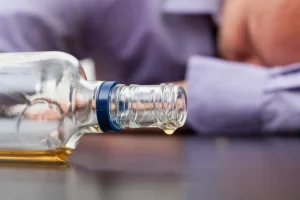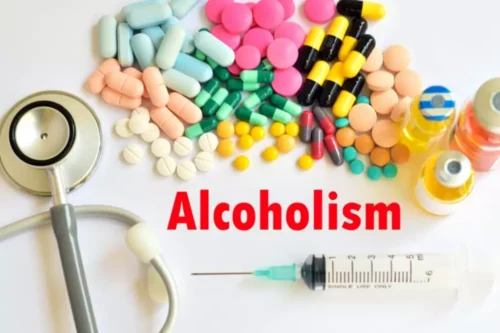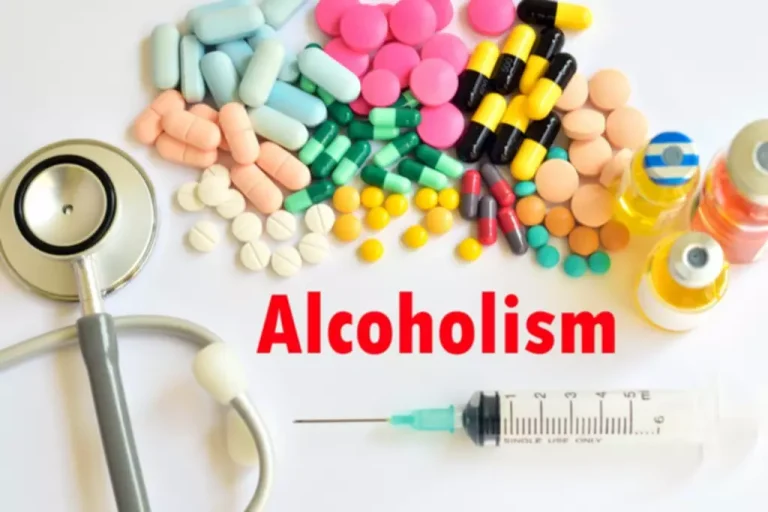Located in the heart of Pacific Beach, San Diego, our center offers a comprehensive Intensive Outpatient Program (IOP) designed to address both substance use and co-occurring mental health disorders. Alcohol’s effects on the body are so powerful that people with an alcohol use disorder (AUD) can experience seizures, vomiting, and even death when trying to quit cold turkey. A Chemical Imbalance The neurotransmitters, or brain chemicals, of people who struggle with drinking can differ from other people. Studies have shown that drinking causes a change in the way certain important brain chemicals function.
What 3 parts of the brain are affected by alcohol?
Given these complexities, the importance of moderation in alcohol consumption cannot be overstated. While complete abstinence is the safest option, particularly for individuals at risk of alcohol use disorders, those who choose to drink should do so mindfully and in moderation. Being aware of alcohol’s effects on brain chemistry can help individuals make more informed decisions about their drinking habits. It’s worth noting that alcohol is not the only substance that affects dopamine levels. For instance, marijuana also impacts dopamine in complex ways, and even non-drug substances like aspartame have been studied for their effects on dopamine.
What is considered as heavy drinking?
Eventually, as the brain tries to balance itself, the same amount of alcohol no longer results in the same level of dopamine release in the brain. Dopamine is released in our brains during happy, contented moments, whether we’re enjoying a favorite meal, laughing with our friends, or feeling satisfied after accomplishing a goal. This dynamic neurotransmitter is essential to our overall well-being and mental health, and it’s integral to learning, regulating mood, and making memories.
The Long-Term Recovery of Dopamine Levels
The alcoholics also reported less desire to drink and fewer pleasurable feelings after drinking. Fluoxetine reduces alcohol consumption in humans only moderately, however, and does not affect all alcoholics (Litten et al. 1996). Moreover, although increased serotonin levels at the synapses in the brain can moderate alcohol consumption, additional factors contribute to continued alcohol abuse.
Columbia University researchers discovered that men release more dopamine when they consume alcohol than women. They also found that the extra dopamine produced as a result of consuming alcohol is concentrated in the reward center of the brain. Neurotransmitters are chemicals that allow signal transmission, and thus communication, among nerve cells (i.e., neurons). One neurotransmitter used by many neurons throughout the brain is serotonin, also known as 5-hydroxytryptamine (5-HT).
- Ethanol is a liposoluble neurotropic substance which penetrates the blood-brain barrier and inhibits central nervous system (CNS) functions; it is directly toxic to the brain.
- Typically, anhedonia dissipates once the underlying condition is managed.
- The CDC estimates that excessive drinking costs the United States more than $249 billion (yes with “b”) each year when measured for loss in work and job productivity, health care expenses, law enforcement, and vehicle crashes.
- The chemicals in alcohol actually reduce the production of GABA in the brain and throughout the body.
- One of these agents, fluoxetine (Prozac®), is used widely for treating mood disorders, such as depression (Baldessarini 1996).
- This adaptation can result in a decrease in natural dopamine production and a reduction in the sensitivity of dopamine receptors, a process known as downregulation.
- It’s worth noting that the relationship between alcohol and dopamine is not entirely straightforward.
How do I know if I have brain damage from alcohol?
The study, which was published in the journal JAMA Psychiatry, is the first to show that interventions that reduce alcohol use and drinking can improve brain https://ecosoberhouse.com/ function in people who have suffered from alcoholism. Alcohol can deplete serotonin in people, leading to a decrease in mood and anxiety. However, there is still some debate as to whether or not drinking alcohol actually causes this depletion. Alcohol affects the brain in a number of ways, including affecting neurotransmitters.
Ways to Improve Your Dopamine Levels
There is evidence of a link between serotonin deficiency, impulsivity and drinking behaviour which may explain the role of SSRIs in suppressing alcohol reinforced behaviour in some alcohol-dependent patients. Topiramate is another agent used in alcohol dependence which is not only effective in reducing alcohol craving but also reducing symptoms of depression and anxiety. The dysfunction of these systems is responsible for acute alcohol intoxication, alcohol dependence, and withdrawal syndrome.
- It is the first choice in the long list of things which can make a person feel intoxicated and give that feeling of high.
- Significant voxels after false discovery rate (FDR) correction are displayed.
- Plus, we have such easy access to them, which is what makes them so addictive.
Take the First Step Toward Recovery
Three months after quitting smoking, levels of dopamine in the brain return to normal, according to a new study published in the journal Biological Psychiatry. We hear many different things about how alcohol affects the brain and body, most notably that it is a depressant. Alcohol is a depressant, but it’s also an indirect stimulant, and plays a few other roles that might surprise you. The Impact of Alcohol on The Brain – Neurobiology of Dependence and Alcohol Related Brain DamageAlcohol dependence, or alcoholism, is a chronic and severe condition that the WHO estimates to affect 140 million individuals globally. The WHO classifies alcoholism as the 5th leading risk factor for premature death and disability with between 10 does alcohol deplete dopamine to 20% of all males and 5 to 10% of all females being diagnosed with alcohol dependency. In Australia, the total societal costs due to alcohol-related issues in 2010 were estimated to be $14.
How Long Does it Take for Serotonin Levels to Return to Normal After Detox?
Our brains don’t do well at multitasking, that’s why choosing one very tiny goal at a time offers you the best chance of success. These daily cognitive needs and memory are so sensitive to alcohol – just imagine party binge drinkers in movies; when they have too much they can’t even remember the night before. A little too much is going to have an impact on your average workday, too. Our brains are wired to want a reward – and that wave of euphoria you feel when you take that first bite of your brownie or sip of wine is dopamine surging through you. Krystal J et al., The vulnerability to alcohol and substance abuse in individuals diagnosed with schizophrenia.
Alcohol and Serotonin-Related Mental Health Disorders
The implications of this complex interaction extend far beyond the momentary pleasure of a drink. They touch on crucial aspects of mental health, addiction, and overall brain function. Drug rehabilitation Understanding the role of dopamine in alcohol’s effects can provide valuable insights into why alcohol can be so alluring and why breaking free from problematic drinking patterns can be so challenging.





